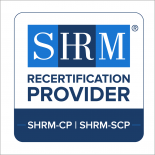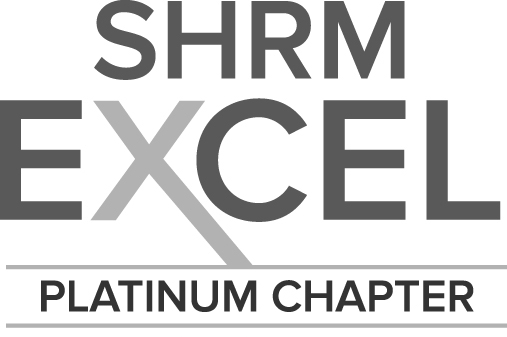GMA SHRM Professional Development Summit
|
||||||||||||||||||||||||||||||||||||
| LOCATION | |
|
Alliant Energy Center 1919 Alliant Energy Center Way |
|
For more information contact:
GMA SHRM Management Team
2820 Walton Commons Suite 103
Madison, WI 53718
(608) 204-9814
fax (608) 204-9818
chapteradmin@gmashrm.org
Program Schedule subject to change.

 Janet Nodorft, CWC, CWWS, MS is a Wellness Consultant with Blue Jewel Coaching. She provides wellness services for workplace wellness, is a health coach, and speaks on wellness topics. Janet is passionate about wellness and takes the approach that everyone can be healthier and live a better life through simple but consistent actions whether at work or home. She is actively involved in several local organizations promoting wellbeing and is always pursuing ways to help others live an awesome life. She has participated in numerous triathlons and running events and pushes herself to stay active and fit
Janet Nodorft, CWC, CWWS, MS is a Wellness Consultant with Blue Jewel Coaching. She provides wellness services for workplace wellness, is a health coach, and speaks on wellness topics. Janet is passionate about wellness and takes the approach that everyone can be healthier and live a better life through simple but consistent actions whether at work or home. She is actively involved in several local organizations promoting wellbeing and is always pursuing ways to help others live an awesome life. She has participated in numerous triathlons and running events and pushes herself to stay active and fit.jpg) Nancy Pierce, MASW has been working as an Advanced Clinical Practitioner in the Emergency Services Mobile Crisis Unit at Journey Mental Health Center of Dane County in Madison, Wisconsin providing trainings and consultation on mental health emergencies. In her mobile crisis work, Nancy regularly consults with law enforcement, hospital emergency departments and inpatient psychiatry units.
Nancy Pierce, MASW has been working as an Advanced Clinical Practitioner in the Emergency Services Mobile Crisis Unit at Journey Mental Health Center of Dane County in Madison, Wisconsin providing trainings and consultation on mental health emergencies. In her mobile crisis work, Nancy regularly consults with law enforcement, hospital emergency departments and inpatient psychiatry units.

